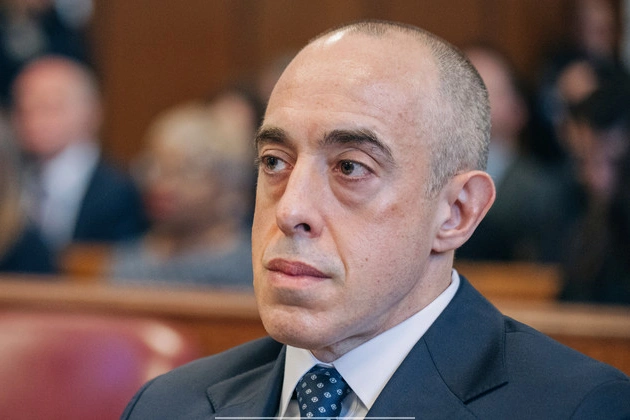
The Federalist Society plays a significant role in shaping the landscape of conservative legal circles, particularly in the context of judicial nominations within the Trump administration. Despite occasional disagreements and critiques, the Federalist Society’s influence remains undeniable.
The Federalist Society’s Influence on Judicial Nominations
President Donald Trump’s interactions with the Federalist Society have drawn attention, with conflicting statements about the quality of advice he receives from the organization. Nonetheless, many of his judicial nominees have ties to the Federalist Society, reflecting a continued alignment between the administration and the influential legal group.
The Intersection of Politics and Legal Ideology
Notable figures within the Federalist Society have played pivotal roles in advising the president on judicial appointments, underscoring the organization’s impact on the composition of the federal bench. Despite occasional rifts, the majority of Trump’s judicial picks have strong affiliations with the Federalist Society.
Challenges and Controversies
Recent developments, such as the nomination of Emil Bove to the federal bench, have sparked debates within conservative circles. Bove’s unconventional background and approach have raised concerns about the administration’s selection criteria and the prioritization of loyalty over traditional conservative values.
While some individuals have voiced reservations about certain nominees, the overall sentiment within Republican circles, including key figures like Senators Lindsey Graham and Chuck Grassley, remains supportive of candidates with ties to the Federalist Society.
Future Directions and Evolving Dynamics
As the landscape of judicial nominations continues to evolve, questions surrounding the role of the Federalist Society persist. While the organization seeks to maintain its influence, voices within the conservative legal community emphasize the importance of prioritizing proven track records and conservative principles over mere membership affiliations.
The ongoing dialogue between the Trump administration, conservative lawmakers, and the Federalist Society reflects a complex interplay of legal ideology, political considerations, and the quest for qualified judicial candidates.
Conclusion
The Federalist Society remains a key player in conservative legal circles, shaping judicial nominations and influencing legal discourse. As the dynamics of judicial appointments continue to unfold, the organization’s role and impact will undoubtedly remain a subject of scrutiny and debate.
Note: This content serves as a comprehensive overview of the Federalist Society’s involvement in judicial nominations and conservative legal circles, highlighting key controversies and alliances.











